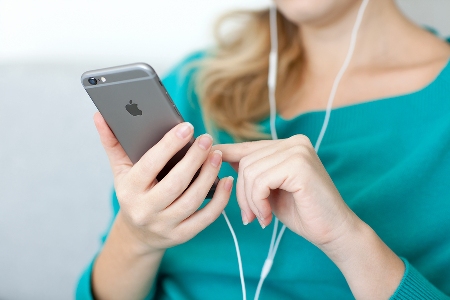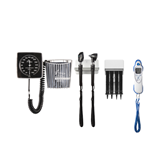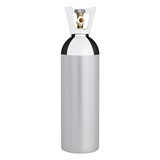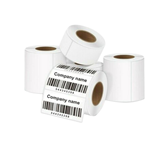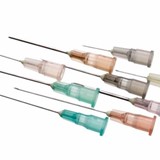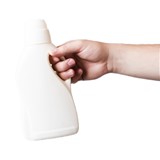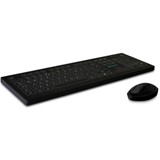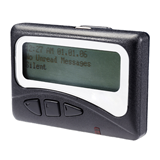Well, this is like the FitBit, but on steroids: an activity tracker for iOS that goes one better, measuring vocal intonation, balance, gait, and more. Except instead of measuring wellness, this app can be used to administer a wealth of medical tests to anyone willing to participate.
Medical research has long faced the hurdles of attracting participants, that is, enough participants to make a good sample size that's relatable to the general population. Inconsistent data collection is also a problem when tests are given by different researchers in different settings. This new app, dubbed ResearchKit, takes the guesswork out of medical testing by making it easy for participants to volunteer for tests.
Tests for Parkinson's disease, cardiovascular disease, diabetes, asthma, and breast cancer are already available, and more are being developed.
Some tests involve tapping in a rhythm on the screen. Some tests measure gait and balance and can detect inconsistencies. Posture alone can indicate early onset of some conditions, such as Parkinson's. The microphone can pick up vocal fluctuations when someone says, 'Ahhh,' which is another marker for Parkinson's, or for other problems.
Privacy concerns have swirled around FitBit from the beginning, but with ResearchKit users are able to determine how and if to share their data from the very start, and Apple won't see it. ResearchKit was released in April of this year, with five available apps to look for diabetes, cardiovascular disease, breast cancer, Parkinson's, and asthma.
"With hundreds of millions of iPhones in use around the world, we saw an opportunity for Apple to have an even greater impact by empowering people to participate in and contribute to medical research," said Jeff Williams, Apple's senior vice president of Operations, at the release.
"ResearchKit gives the scientific community access to a diverse, global population and more ways to collect data than ever before." A sixth app which studies long-term health in gays and lesbians was released in June.
Signing up to participate in research involves a questionnaire for users, who must provide a digital signature in order to be entered in the database. And while some users are opting to keep their data private, many, many more are contributing to health research and making their data available to scientists.
When the app was in the pre-release stages in March of this year, developers had 11,000 users sign up for a Stanford cardiovascular study in 24 hours. Those kinds of numbers are simply unheard of in the world of medical research, where recruiting study participants is often time-consuming and costly.
As one researcher said in a ResearchKit promotional video, "We have sent out over 60,000 letters. Those 60,000 letters have netted 305 women."
ResearchKit has the potential to be a huge game changer.

